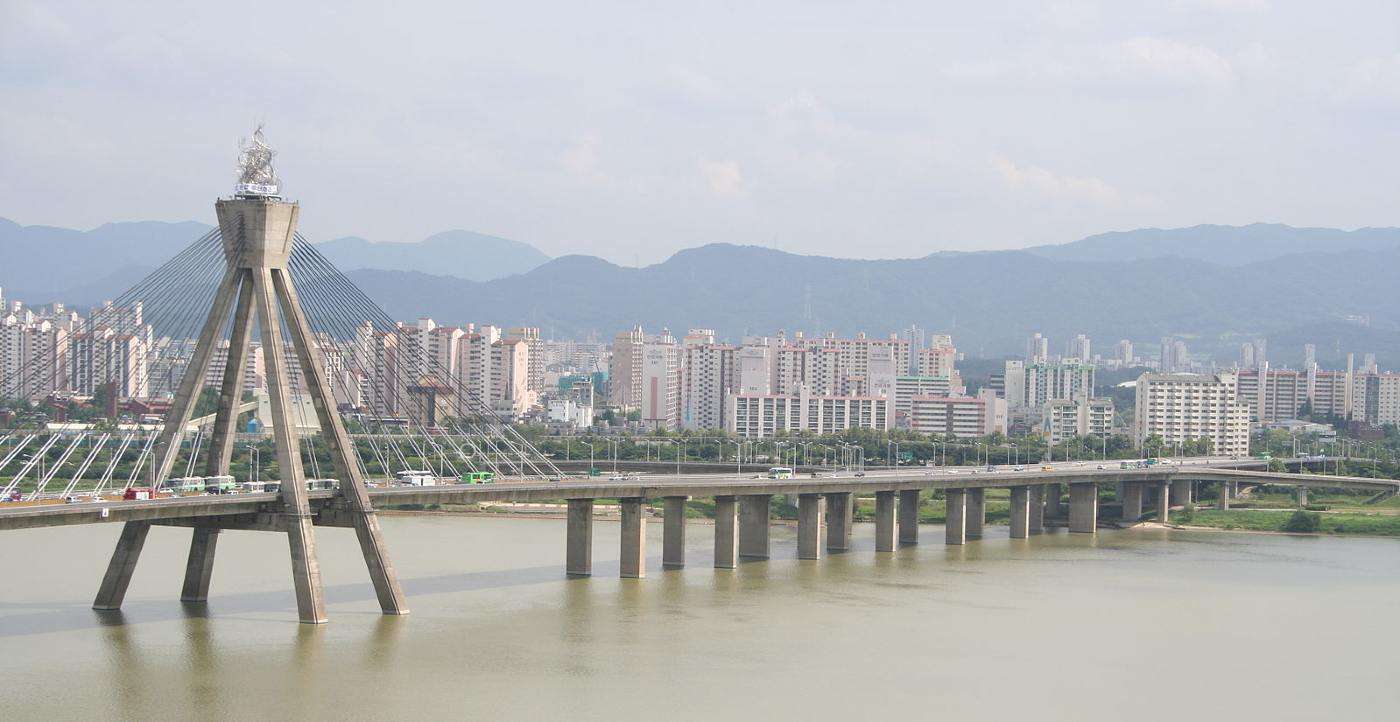39-Year-Old Becomes First US Patient to Receive Innovative Artificial Heart Prosthetic
Duke University surgeons successfully implanted a new-generation CARMAT artificial heart in a patient—a first for a North America hospital.

Cameras attached to stop lights and other posts on bridges in Seoul aren't there to tell if you're speeding; they're doing a much more important job—a lifesaving job.
Using artificial intelligence, programmers at the Seoul Institute of Technology are building a system of recognizing body movements and other cues to help identify whether someone is contemplating ending their own life. If the system thinks there's a risk, it will immediately alert local rescue teams.
Suicide is a major problem in South Korea, and the rates there are higher than in other well-developed countries. Furthermore, it can be extremely difficult for even trained surveillance teams to deduce whether a person is simply being pensive while enjoying the view from one of Seoul's 27 bridges.
"We believe the new CCTV will enable our crews to detect the cases a bit faster and help us head to a call more promptly," Kim Hyeong-gil, who is in charge of the Yeouido Water Rescue Brigade, told Reuters.
CHECK OUT: In Twist of Fate, Hotline Volunteer Learns She Has Been Working With Man Who Saved Her 7 Years Ago
Critically important is that the system learns by itself from experience, analyzing in every detail what an at-risk person is doing, and then cataloguing the actions depending on whether it was confirmed to be an attempted suicide or not.
The programmers are looking to pilot the system with the Seoul Fire and Rescue this October.
SHARE This Hopeful Innovation With Friends on Social Media…
Be the first to comment